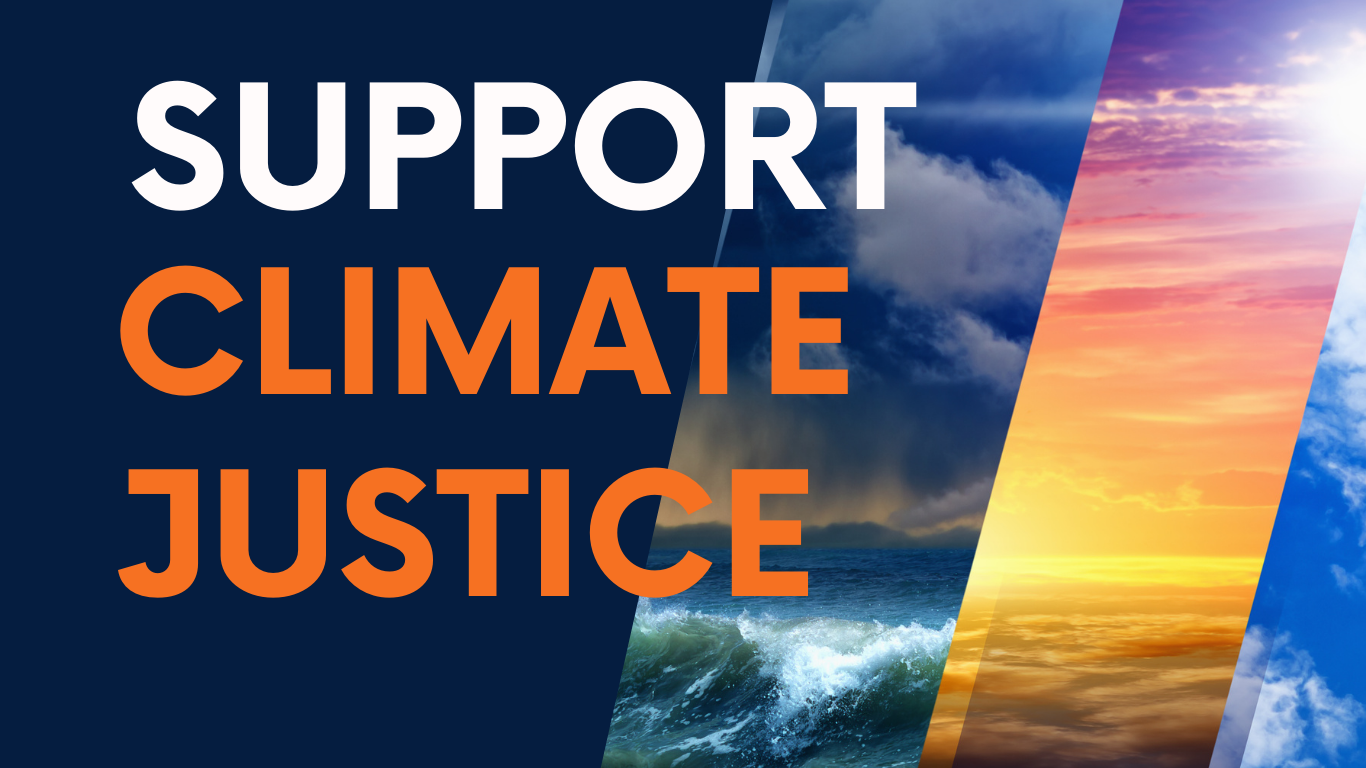By Climate Spotlight Staff
The first of its kind ruling from the District Court in Helena, Mont., was handed down today, August 14th.
Helena, Montana is today the epicenter of climate activism in the United States. A District Court handed down its decision in a first-of-its-kind climate activism case in the country. The attorneys for a group of youth ranging from 5 – 22 years old successfully argued that the state has violated their constitutional rights.
The youth environmental activist today recieved the District Court’s verdict, handed down by Judge Kathy Seeley. The youth argued that state agencies violated their right to a clean and healthful environment by permitting continued fossil fuel development without considering its effect on climate change.

The state was outranged by the ruling. Attorney General of Montana, Emily Flower called the decision “absurd” and criticized the judge with a direct attack. She said her officer plans to appeal the decision.
This landmark decision adds to but a small number of global legal precedents establishing that governments owe their citizens a duty of care to protect them from the climate crisis.
District Judge Seeley found that the policy used by the State of Montana to evaluate requests for fossil fuel permits does not allow agencies to evaluate the effects of greenhouse gas emissions and as a result is unconstitutional.
The Republican-dominated State Legislate will be obliged to determine how to bring policy into compliance with the constitutional rights of its citizens.
Attorney Spokesperson for the youth climate activism, Julia Olson said that the ruling was a “huge win for Montana” in a statement released following the ruling.
In the two-week trial, the attorneys for the plaintiff argued that carbon dioxide emissions are driving hotter temperatures, more droughts, wildfires, and decrease snowpacks in the area.
The State of Montana argued that even if the state completely stopped producing CO2, it would have no effect on a global scale, and as a result yield no true remedy for the plaintiffs.

Similar cases have been seen across the world. Of recent, in May 2023, a group from the Dutch Caribbean in partnership with Green Peace Netherlands sued that country, the former colonizer, for climate impact on the Caribbean Island of Bonaire.
Mexican youth brought a similar case to that country’s courts in 2020 and this year the Swedish courts greenlit activists’ lawsuit application agasint the state.
These cases will set important precedents for developing nations to hold their own governments and the government of those countries that have extracted their resources and have historically driven the climate crisis accountable.







